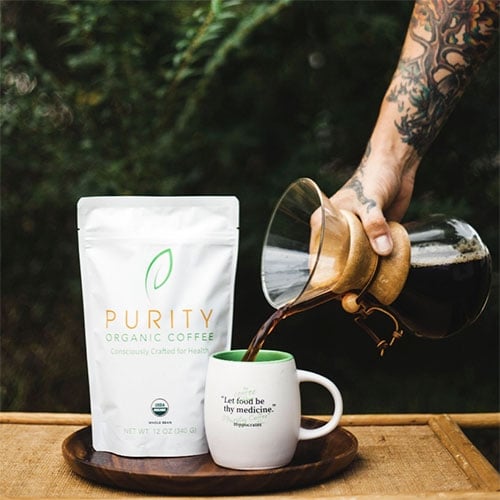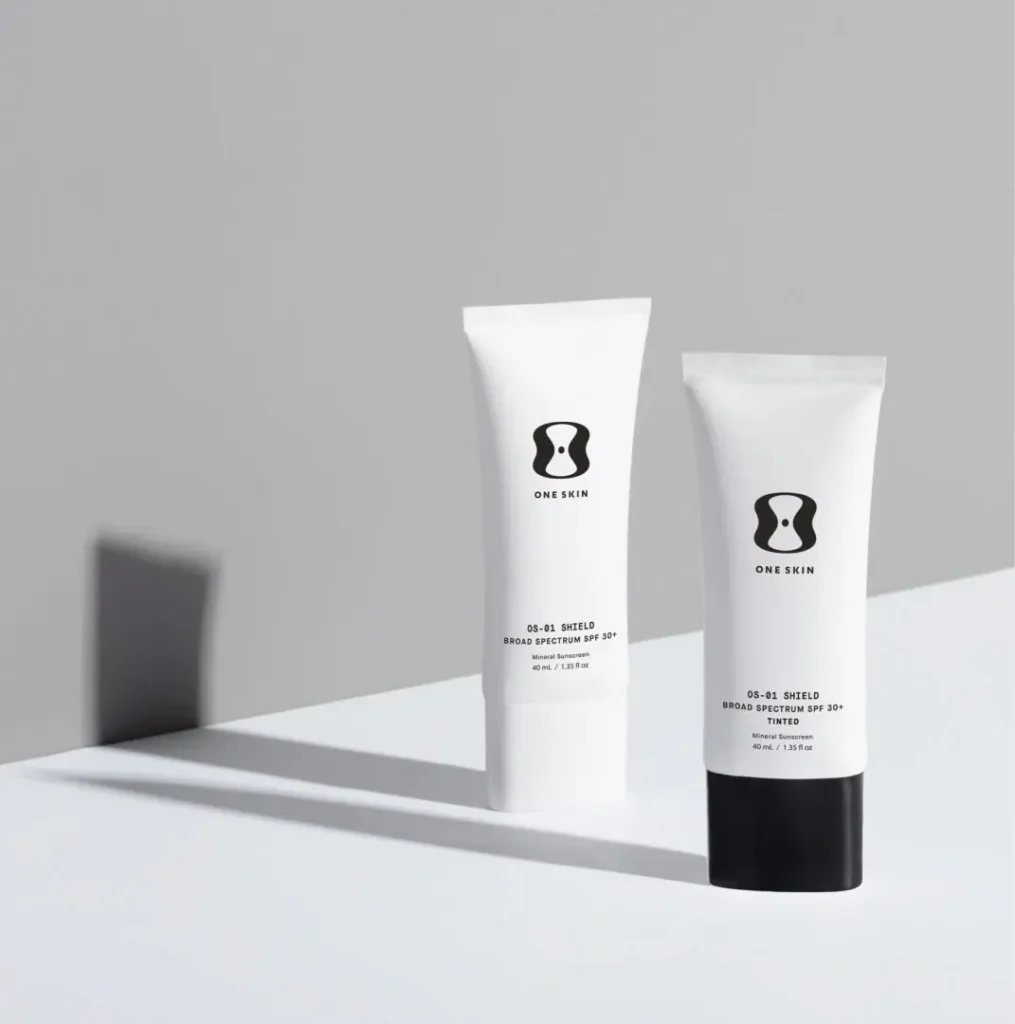Germs, they are everywhere…in fact, our bodies are made up of cells, bacteria and viruses! So why are we so afraid of germs?
For the past 100 years our cleaning and sanitation practices have been changing. We are more and more becoming afraid of germs, illness, and dirt. This had lead to an increased use of household cleaners and disinfectants that kill 99.9% of bacteria and viruses. The pandemic was simply a ramp up of household cleaning practices that have been changing. This change has lead to a decline in childhood infections, over the last 100 years, which is comforting for most parents. This decline is attributed to the use of vaccinations, antibiotics and the increased use of harsh cleaners. However, with the decline in common childhood illnesses, that my generation and the generations before me dealt with, there has been a rise in asthma and atopic disease (Johnston S.L et al).
Does excessive cleanliness affect immunity?
In this article by Johnston, S.L et al, it is noted that many common viral infections induce a strong protective host response dominated by the production of interferon. This type 1 response is more effective at eliminating viruses than the alternative type 2 response which promotes IgE (allergy) production, eosinophilia, atopy, and asthma. He goes further to note that children are born with strong type 2 responses but mature their type 1 responses in the first year or so of life under environmental influence, mainly that of common childhood infections i.e. getting sick.
It was further noted that children who had uncomplicated colds, i.e. runny nose, mild fever without treatment were less likely to develop wheezing later on and other minor infections like chickenpox and illnesses like hand, foot and mouth disease were also protective (Illi, S.). However, those with major, lower respiratory wheeze were found to likely continue that further into childhood. It was noted that the risk of a diagnosis of asthma by the age of 7 is reduced by about 50% percent in children with two or more reported episodes of common cold (without associated wheeze) by the age of 1 year (Johnston, S.).
The old saying goes “God made dirt and dirt don’t hurt!” Having children exposed to other children in school and through older siblings, having animals, and not over-treating common childhood illness (colds, flus, etc) with antibiotics promotes natural immunological maturation and could prevent atopic or type 2 immune responses i.e. asthma and allergies.
How does excessive cleanliness affect the immune system?
This is all about gut health….70% of our immune system resides in our guts. The overuse of antibiotics, harsh household cleaners, and a standard american diet (SAD) leads to a depletion of beneficial bacteria in our guts. This depletion of beneficial bacteria allows pathogenic free loaders normally found in our intestines to thrive. When these free loaders are allowed to multiply and release their potent endotoxins we can develop an overactive immune response due to a decline in our gut mucosal barrier integrity. Food particles, bacteria and endotoxins are released from the intestines into our blood stream. This leads to immune activation and symptoms of allergy, atopy, and even autoimmunity. Not to mention, the chemical toxins present in these harsh cleaners which lead to endocrine disruption and mitochondrial dysfunction.
The pandemic has brought about further decline in our immunity as a population. Pandemic control measures will have broad, potentially long-term effects for the human microbiome (Finley, B.B.) Given the implementation of physical separation, extensive hygiene, and travel barriers influencing overall microbial loss (Finlay, B.B.). Combine this with a SAD (standard american diet) that lacks fiber, color and nutrient, our microbiomes are at a loss. It is notable that those affected the most by the pandemic had previously diagnosed conditions such as diabetes and obesity which are associated with low microbial diversity and other abnormalities.
How do I increase my immunity?
The easiest way to start to increase your immunity is to decrease the inflammation in your body. Inflammation, while beneficial in times of injury or illness, when it becomes chronic is taxing to our immune systems. Foods we eat, gut microbial imbalance and leaky gut are sources of chronic inflammation in our bodies.
For example, foods that cause a large insulin response in our bodies, such as high sugar foods and simple carbohydrates lacking fiber, also cause an inflammatory response in our bodies and contribute to fungal and bacterial overgrowth in our GI tract contributing to conditions like IBS. Food intolerances, such as gluten sensitivity, cause inflammation and further promote bacterial imbalance in our GI tract. Gluten can also be neuro-excitatory in our brains as it is transformed to glutamate which can contribute to conditions like ADHD. – is a leaky gut is a symptom of a leaky brain?
These bacterial imbalances reduce digestion and absorption of our nutrients which is linked mitochondrial dysfunction, fatigue and disease progression or development. As the inflammation in our guts increase, and digestion and absorption decreases, this leads to reduced serotonin production through a blocked tryptophan pathway and conditions like depression and anxiety.
Recommended approach…
Eating a diet full of color, phytonutrient and dense in nutrient (macro and micro) is a great first step as well as decreaseing your toxin exposure. Here is a link to my article on Ditch and Switch from toxic harsh cleaners to non-toxic household cleaners.
Second, is getting your gut right! (These two steps do coincide with each other). You might think a good gut program consists mainly of taking probiotics and bone broth but it is much more than that….
A gut program consists of:
-
replacing what is missing
-
removing pathogens
-
reinoculating with good bacteria
-
repairing the gastrointestinal lining
-
and re-balancing the mind
Some of my favorite anti-inflammatory herbs and supplements that also modulate or influence the immune system:
-
Curcumin
-
Fish oil
-
Ginger
-
Milk thistle
-
Green tea
-
Garlic
-
Cruciferous vegetables (broccoli)
-
Bromelain (pineapple)
-
Melatonin (seaweed,
ginger)
A comprehensive gut program can take months of work but is worth the increase in quality of life that comes with healing your gut :).
References:
Johnston SL, Openshaw PJ. The protective effect of childhood infections. BMJ. 2001 Feb 17;322(7283):376-7. doi: 10.1136/bmj.322.7283.376. PMID: 11179141; PMCID: PMC1119618.
Illi S, von Mutius E, Lau S, Bergmann R, Niggeman B, Sommerfeld C, et al. Early childhood infectious diseases and the development of asthma up to school age: a birth cohort study. BMJ. 2001;322:390–395.
B. Brett Finlay, Katherine R. Amato, Meghan Azad, Martin J. Blaser, Thomas C. G. Bosch, Hiutung Chu, Maria Gloria Dominguez-Bello, Stanislav Dusko Ehrlich, Eran Elinav, Naama Geva-Zatorsky, Philippe Gros, Karen Guillemin, Frédéric Keck, Tal Korem, Margaret J. McFall-Ngai, Melissa K. Melby, Mark Nichter, Sven Pettersson, Hendrik Poinar, Tobias Rees, Carolina Tropini, Liping Zhao, and Tamara Giles-Vernick (2020). The hygiene hypothesis, the COVID pandemic, and consequences for the human microbiome. 118 (6) e20102171. https://doi.org/10.1073/pnas.2010217118



























